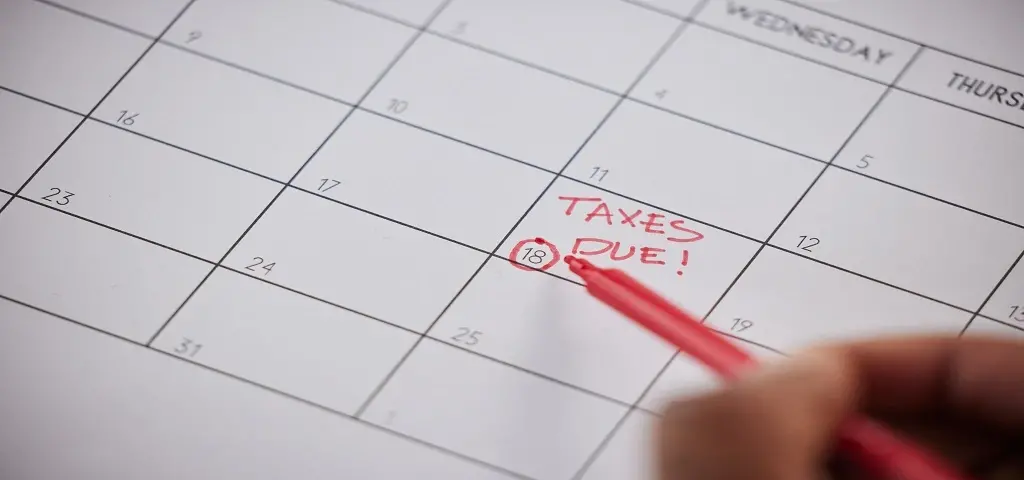
As a small business owner, tax season can be daunting, but with the right preparation, it doesn't have to be. With 2024’s tax season upon us, it's crucial to stay organized and informed. This ultimate small business tax preparation checklist is designed to help you streamline your tax filing services, ensuring you don’t miss any important steps or potential deductions.
Understanding Your Tax Obligations
Before diving into the checklist, it's essential to understand your tax obligations. Depending on your business structure (sole proprietorship, partnership, LLC, etc.), the forms you'll need and the taxes you must pay will vary. Common tax forms for small businesses include the 1040 (Schedule C), 1065, 1120, and 1120S.
Small Business Tax Preparation Checklist
1. Gather Basic Business Information
- Business name, address, and EIN (Employer Identification Number)
- Social Security numbers of owners/partners
- Previous year's tax return (if applicable)
2. Organize Financial Records
- Income statements (Profit and Loss reports)
- Balance sheets
- Bank and credit card statements
- Payroll documents
3. Account for Your Income
- Collect all 1099 forms received
- Summarize other income sources (cash, checks, credit transactions)
4. Identify Deductible Expenses
- Rent or mortgage payments for business property
- Utility bills (electricity, water, internet)
- Office supplies and equipment
- Advertising and marketing costs
- Travel and vehicle expenses (mileage logs, gas receipts)
- Insurance premiums
- Legal and professional fees
5. Record Asset Purchases and Depreciation
- Date of purchase, cost, and description of assets
- Calculate depreciation for assets like vehicles, equipment, and furniture
6. Summarize Inventory Details (if applicable)
- Beginning and ending inventory amounts
- Inventory purchases
- Method of inventory valuation used
7. Document Employee Compensation and Benefits
- Wages, salaries, and bonuses
- Contributions to retirement plans
- Health insurance premiums
- Other benefits offered to employees
8. Review and Utilize Tax Credits
- Research tax credits applicable to your business (e.g., energy efficiency, employment credits)
9. Consider Quarterly Estimated Taxes
- Determine if you need to make quarterly estimated tax payments to avoid penalties
10. Seek Professional Advice
- Consult with a tax professional for complex tax situations or advice
Closing Thoughts and Tips
Tax preparation is an ongoing process. Staying organized throughout the year will make tax season less stressful. Implement a robust accounting system, keep track of expenses and income regularly, and stay informed about tax law changes.
Staying Ahead for Next Year
As you wrap up this tax season, start planning for the next. Consider strategies to minimize your tax liability, such as retirement planning, adjusting your business structure, or exploring additional deductions.
Conclusion
Tax season doesn’t have to be a headache. With this checklist, you’re well on your way to a smoother tax preparation process. Remember, each business is unique, so it's important to tailor this checklist to your specific needs. Here’s to a successful and stress-free tax season!
This comprehensive guide is designed to help small business owners navigate the intricacies of tax preparation, ensuring a thorough and compliant filing process. Remember, this is a general checklist and may not cover all the specifics of your business, so consulting with a tax professional is always advisable.
Contact us here for tax filling & processing Services now!

Get Help Fast!
My Accounts Consultant Helps Accounting & Bookkeeping Services help you save money, better understand your business and find the Accounts problems before they hurt you.